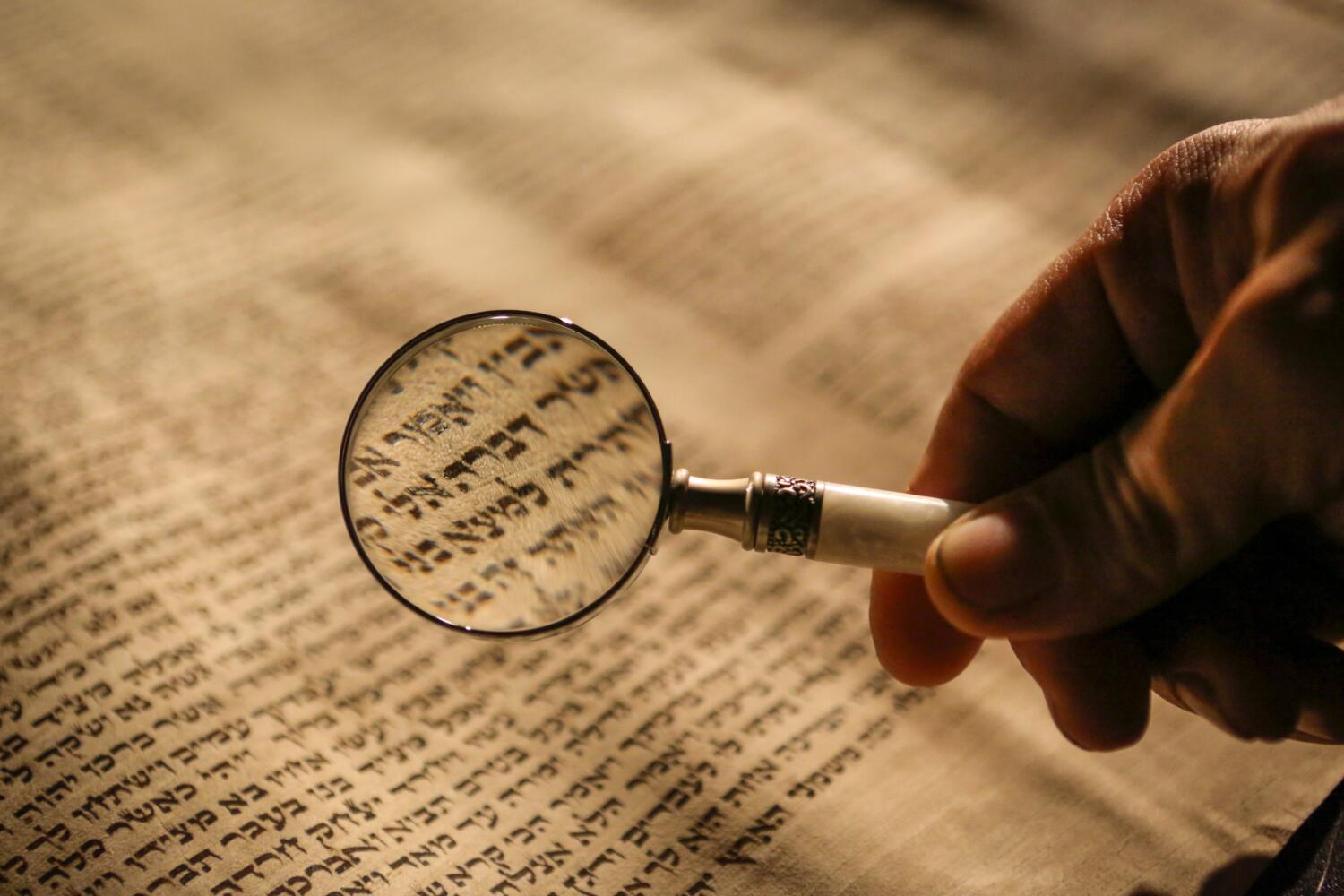Sermonette Outline: David and the Shewbread
Title: “David and the Shewbread”
Key Scripture: Matthew 12:3-4
SPS: To explain what is meant by this passage.
Supporting Scriptures:
1 Samuel 21:1-6, Leviticus 24:5-9, Numbers 28:9-10
Introduction:
Mat 12:3-4 NKJV – “But He said to them, “Have you not read what David did when he was hungry, he
and those who were with him: “how he entered the house of God and ate the showbread which was not
lawful for him to eat, nor for those who were with him, but only for the priests?”
What does this mean? Was Christ validating David breaking the law of God?
Body
- Context
a. Note that the parallel passages are in Mark 2:23-28 and Luke 6:1-5
b. Just preceding the passage in questions, Christ is challenged by the Pharisees. They
criticized His disciples for plucking ears of corn on the Sabbath day, as they were passing through
the fields, saying it was not lawful. - Core issue: the appropriate way to keep the Sabbath
a. Christ clearly was challenging the Pharisees understanding and application of the scriptures.
They were taking Him to task – and He was showing their lacking of discernment. - Follow the Scriptures
a. 1 Samuel 21:1-6 – David and his men eating the shewbread of the priests
b. What was the instruction concerning the showbread?
c. Lev 24:6-9 – ““You shall set them in two rows, six in a row, on the pure [gold] table before
the LORD. “And you shall put pure frankincense on [each] row, that it may be on the bread for a
memorial, an offering made by fire to the LORD. “Every Sabbath he shall set it in order before the
LORD continually, [being taken] from the children of Israel by an everlasting covenant. “And it
shall be for Aaron and his sons, and they shall eat it in a holy place; for it [is] most holy to
him from the offerings of the LORD made by fire, by a perpetual statute.” - Explanation
a. Ahimelech the priest obviously understood the purpose and procedure for the use of the
showbread.
b. When David asked for bread, Ahimelech exercised his appropriate decision- making authority to
grant David and his men the permission to eat the bread.
c. Important: Christ, the author of the Sabbath was using this as a good example of proper
discretion and wisdom in exercising God’s law. This was not putting a stamp of approval on breaking the law! David was not breaking the law! He goes on to add one more layer representing another good example of applying wisdom and judgement to keeping the Sabbath, citing the priests’ vigorous requirements for the Sabbath sacrifices (Number 28:9-10).
Conclusion:
What we are reading in this section is a proper insight in the application of the law concerning
the Sabbath day. The Sabbath day is holy, and should be observed and kept holy. But the 39
Sabbath regulations of the Mishna that the Pharisees meticulously observed did not show wisdom,
judgement or discretion. The priests exercised their prerogative to provide nourishment to David
and his men, using the showbread normally reserved for them. The priests were required to butcher
and prepare animal sacrifices on the Sabbath. As Luke 13:15, and Luke 15-5 explain, animals must be
cared for on the Sabbath.
Far from being permission to ignore the Sabbath, Christ taught how to properly keep the Sabbath,
showing discretion, wisdom, and common sense.





